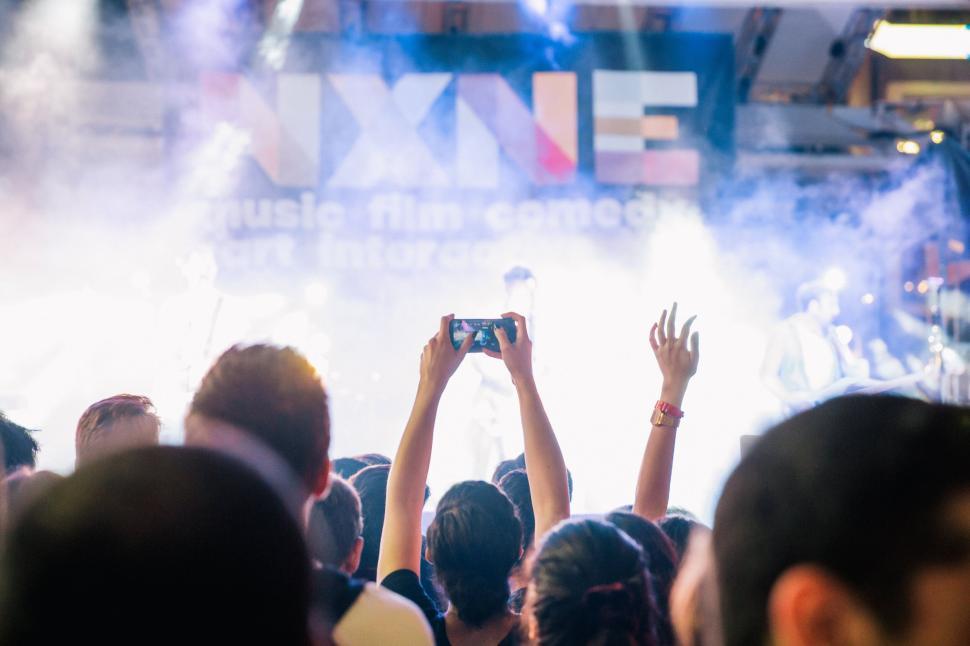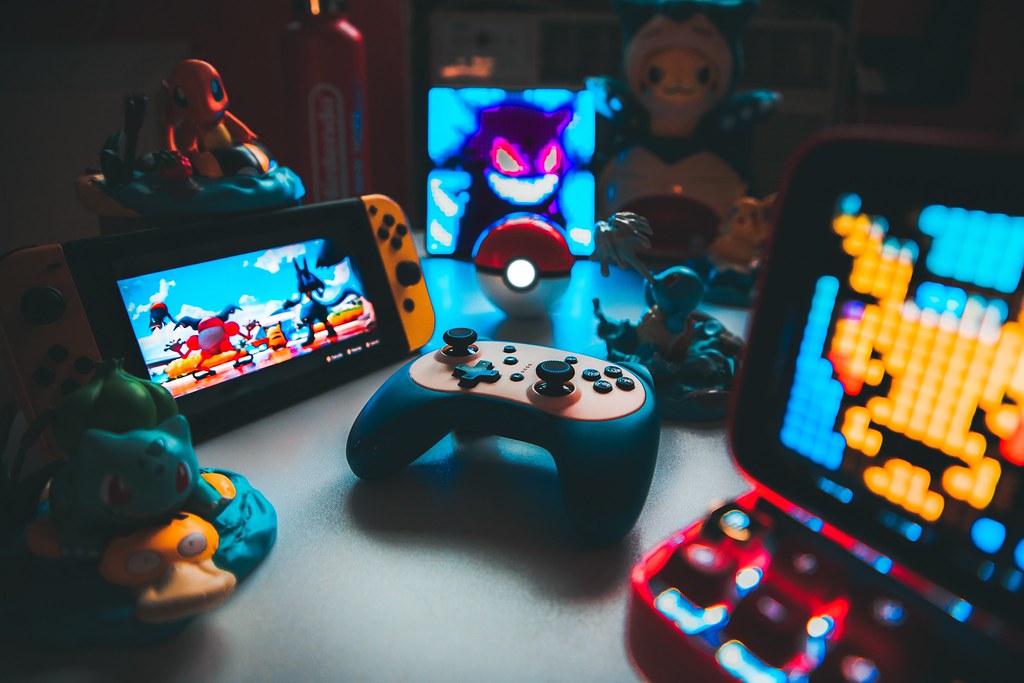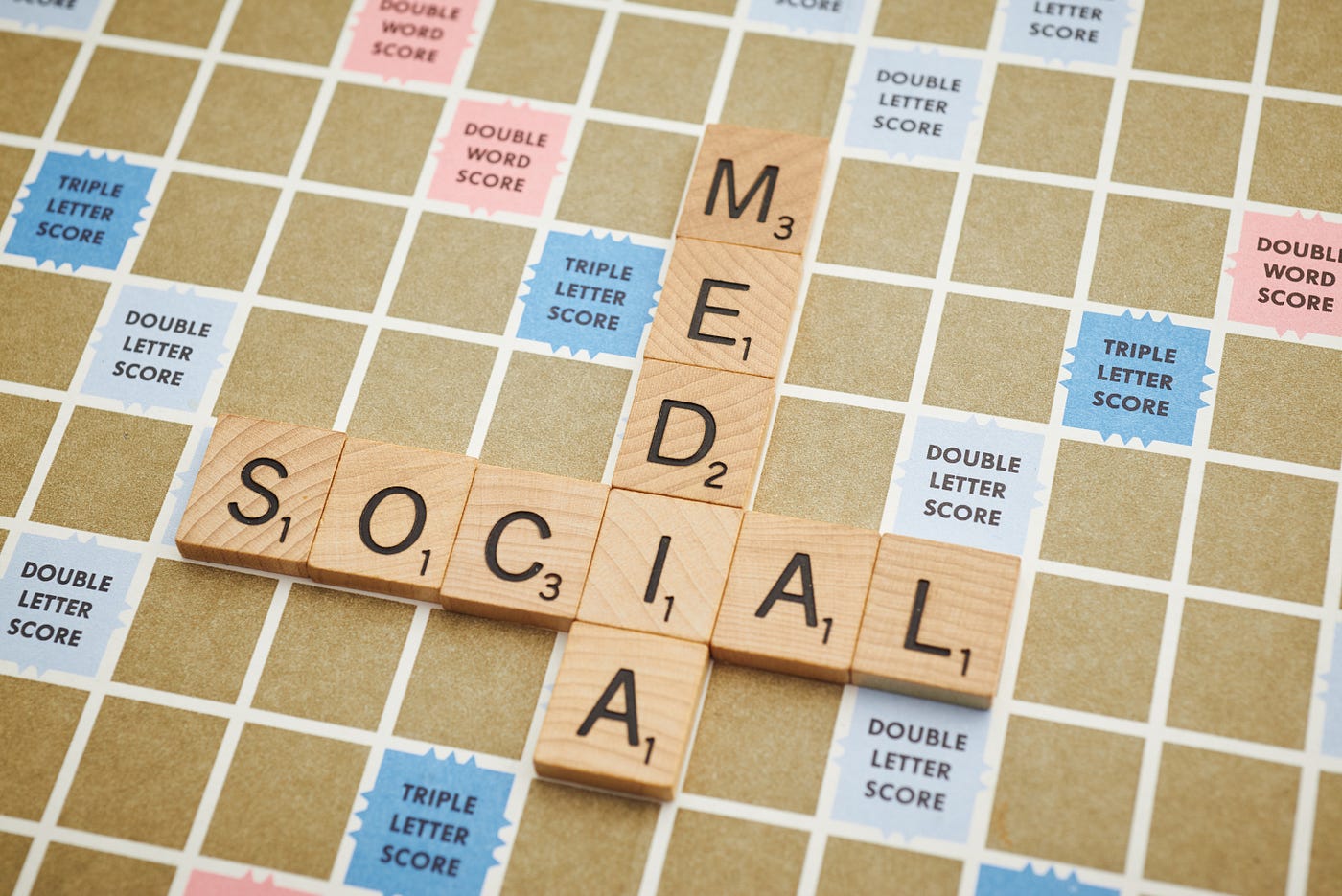Introduction
Music festivals have evolved from niche events into major cultural phenomena, playing a significant role in shaping pop culture trends. These vibrant gatherings not only celebrate music but also influence fashion, social behavior, and entertainment practices on a global scale. This article delves into how music festivals drive cultural trends, the impact they have on audiences and artists, and their role in the ever-changing landscape of pop culture. Whether you’re a festival-goer, a music enthusiast, or simply curious about cultural trends, understanding the influence of music festivals offers insight into their broader impact on society.
The Cultural Impact of Music Festivals
Music festivals serve as more than just entertainment; they are powerful cultural events that impact various facets of society.
Trendsetting Platforms
Festivals like Coachella, Glastonbury, and Lollapalooza are known for setting trends in fashion, music, and even technology. The unique styles and experimental fashion seen at these events often become mainstream, with festival-goers influencing broader fashion trends. For instance, Coachella’s bohemian-chic style has become synonymous with festival fashion, inspiring seasonal collections and trends in the fashion industry.
Community and Identity
Festivals create a sense of community and identity among attendees. The shared experience of enjoying music, art, and culture fosters a collective identity that often extends beyond the event. This sense of belonging contributes to the development of subcultures and communities centered around specific festivals, genres, or artists.
Music Festivals as Launchpads for Emerging Artists
Music festivals provide a crucial platform for emerging artists to gain visibility and build their careers.
Breaking New Talent
Many artists use festivals as a springboard to reach larger audiences. Performances at major festivals can significantly boost an artist’s profile, leading to increased media attention, streaming numbers, and opportunities for larger tours. For example, artists like Billie Eilish and Post Malone gained substantial recognition and fan bases through performances at prominent festivals before achieving mainstream success.
Collaborative Opportunities
Festivals also offer opportunities for artists to collaborate with others in their industry. Impromptu collaborations, surprise guest appearances, and unique live performances can lead to memorable moments that resonate with fans and contribute to the artists’ evolving image and career.
Fashion and Lifestyle Trends Influenced by Festivals
The fashion and lifestyle trends associated with music festivals often ripple through mainstream culture.
Festival Fashion Trends
Festival fashion is characterized by its eclectic and often avant-garde nature. Attendees and performers alike showcase bold styles that frequently influence broader fashion trends. Items like fringe jackets, boho accessories, and vibrant face paint seen at festivals often appear in fashion collections and street style, making festival fashion a significant trendsetter.
Lifestyle and Wellness Trends
Beyond fashion, festivals can also impact lifestyle and wellness trends. Many festivals emphasize sustainability, mindfulness, and wellness, incorporating elements like eco-friendly practices, yoga sessions, and healthy food options. These aspects often influence attendees’ lifestyle choices and encourage the adoption of healthier and more sustainable habits.
The Role of Technology at Music Festivals
Technology plays a pivotal role in enhancing the festival experience and shaping cultural trends.
Innovative Experiences
Festivals increasingly integrate technology to offer immersive experiences. Augmented reality (AR) and virtual reality (VR) applications enhance attendee engagement, while innovative stage designs and lighting create visually stunning performances. For instance, the use of AR at festivals like Tomorrowland allows attendees to interact with virtual elements and explore immersive environments.
Social Media Amplification
Social media platforms amplify the reach and impact of music festivals. Attendees share their experiences in real-time, creating a buzz that extends beyond the event. Hashtags, live streams, and viral content from festivals contribute to their cultural significance and influence trends on a global scale.
Music Festivals and Social Change
Music festivals can also be a platform for social and political activism, contributing to broader societal changes.
Advocacy and Awareness
Many festivals use their platform to promote social causes and raise awareness. Events like the Global Citizen Festival and the Meltdown Festival often feature campaigns focused on issues such as climate change, human rights, and social justice. These efforts reflect the growing intersection of music, culture, and activism, encouraging attendees to engage with and support meaningful causes.
Fostering Inclusivity
Festivals often champion diversity and inclusivity, providing a space for underrepresented voices and communities. By showcasing a diverse range of artists and promoting inclusive practices, festivals contribute to a more equitable cultural landscape and influence societal attitudes toward representation and equality.
Conclusion
Music festivals play a pivotal role in shaping pop culture trends, influencing everything from fashion and lifestyle to social behavior and activism. Their impact extends beyond the music itself, affecting how trends emerge and evolve in the broader cultural context. As festivals continue to grow in scope and significance, their role in shaping pop culture will likely expand, offering new ways for artists and audiences to connect and influence the world around them.





